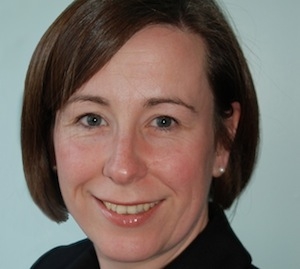A report on workplace pensions has found "encouraging" results showing significantly more employees have been saving adequately for retirement since the introduction of auto-enrolment.
The research by Scottish Widows discovered that the number of people on incomes of between £10,000 and £30,000 saving enough for life after work rose from 34% in 2012 when auto-enrolment began to 50% in 2014.
The number of people aged 30 to 49 saving sufficiently for retirement was at 49%, up from 42% in 2013.
But despite this, the awareness gap on starting to save earlier needs addressing, Scottish Widows warned.
Just 21% of 22 to 29 year olds and 32% of 30 to 49 year olds agreed that the age to start saving for later life was 25 or younger.
{desktop}{/desktop}{mobile}{/mobile}
Lynn Graves, head of business development, corporate pensions at Scottish Widows, said: "Auto-enrolment is designed to help shore-up the financial futures of groups that may not be in such a strong position to prepare adequately for retirement on their own – particularly lower income groups and younger people who are yet to establish the savings habit.
"In this respect, this year's results are extremely encouraging as the reform is more widely understood and welcomed by these groups as it rolls out to a wider cohort of employees.
"While these findings are encouraging, there is still some work to be done to ensure that the message is getting through about the importance of starting to save as soon as possible."
Some 3% of employees who were auto-enrolled this year have opted out, with the top reasons cited including a lack of money for 29% of this group and other financial commitments, such as credit cards and unsecured loans (23%).
Those in their 20s (6%) and those with four or more dependent children (7%) were the most likely to opt out.
Ms Graves said: "Our calculations have shown the huge impact that starting to save earlier can have on your retirement income, so it is essential that people understand the bigger picture when it comes to planning for retirement."
The firm's calculations showed that although most people do not think about saving for retirement until their 30s, starting to save five years earlier could add almost a fifth in retirement income, or £725 annually.
Starting to save 10 years earlier could add an extra £1,500 to annual income in retirement.
Separate research carried out by Towry found a lack of confidence about retirement funds.
Only 27% of workers aged 50+ who were surveyed stated they felt fully in control of their finances, and a further 30% of 50-59 year olds admitted they needed to consider their future finances more.
Respondents also told Towry that they estimated that £25,875 would be enough for a comfortable standard of living in retirement –which, allowing for taxation, would require funding of £656,568 over 22 years.

